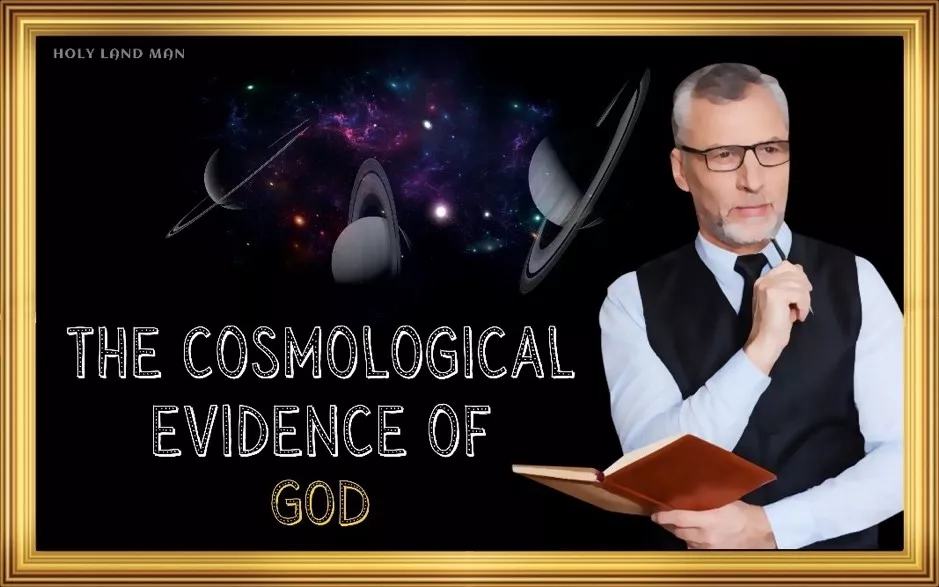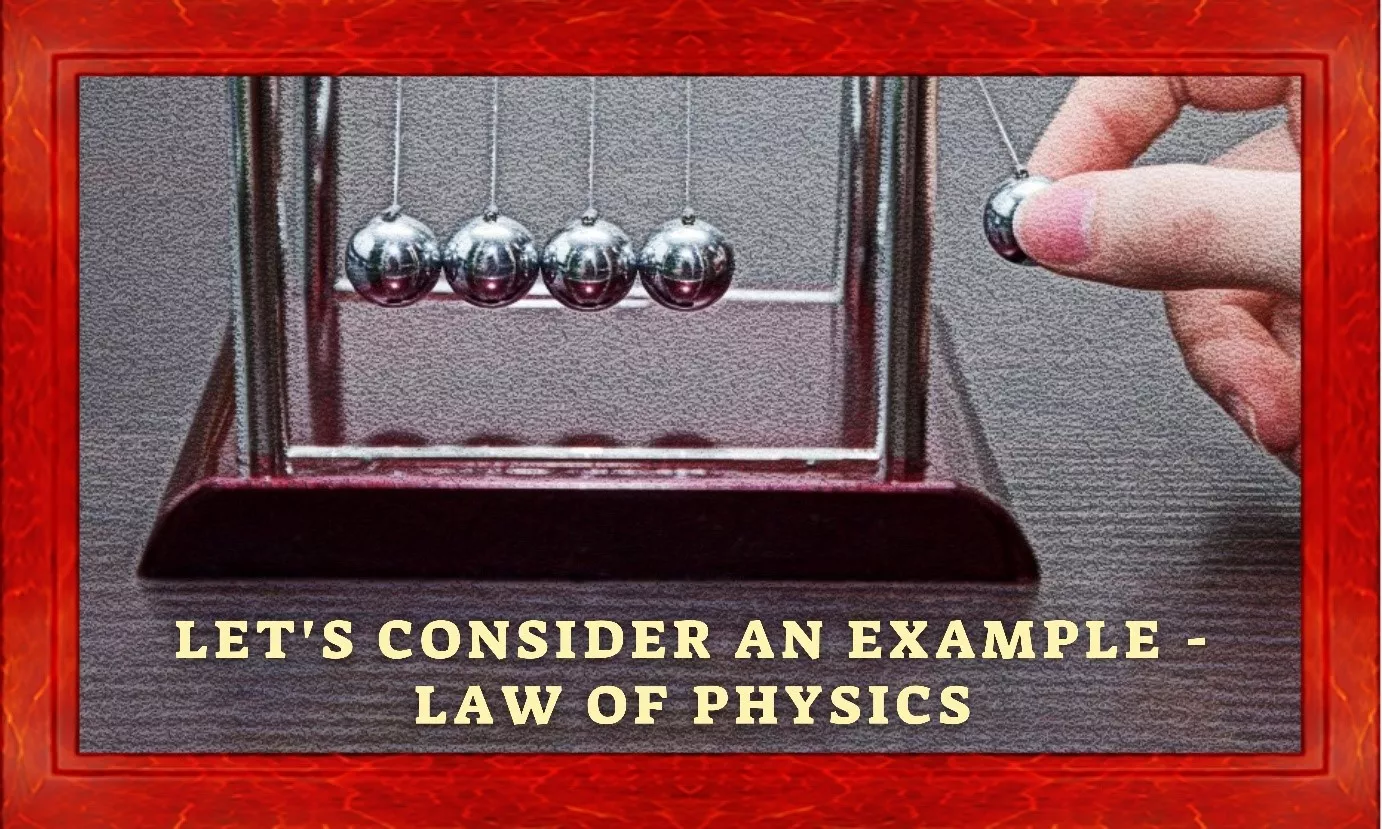Consequently, philosophers such as Thomas Aquinas have concluded that there must be a first cause of its own in the universe. This cause cannot have another cause. The chain of causes that led to the universe’s existence and all that is in it all begins from this cause. This first reason, I think it can not only be possible in reality (i.e., something that exists but could also not exist), but must be committed to reality (i.e., live substantively and necessarily, and not accidentally).
If that first cause is only possible in reality, the question would arise as to what then caused it to exist, and again we would need the cause preceding it, and so on to infinity. Therefore, the first cause, which is the cause of causes, is committed to reality. It necessarily exists and does not depend on any other factor for its existence. This first reason is GOD.
Don’t we all hate the phrases such as “it is what it is” or “because it is” as answers to questions we have? We assume everything must have a reason for existence. We require there to be a reason for an object to be in a location and need more than “just because” as an answer.
However, if we use this reasoning, then everything before needs a reason, right? Philosophers have used this reasoning to create a first reason or first cause concept. This concept relies on the belief that the first cause in a chain of events exists but doesn’t depend on anything to exist. Technically, everything starts from this point. That point, they assume, is GOD.











